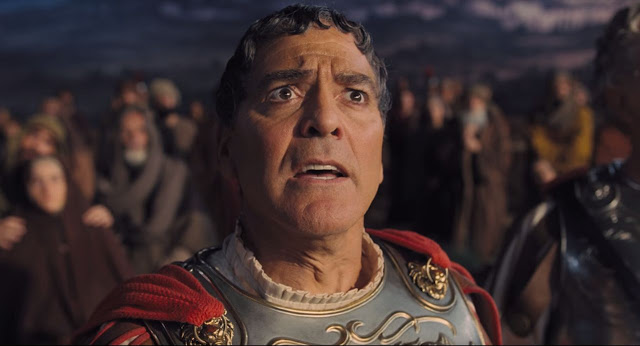Ingrid Goes West: California, Here She Comes, with Hand Bags and Hashtags
Obsession goes dark in Ingrid Goes West, Matt Spicer’s funny and sad debut feature about a profoundly lonely person and the phony friendship she foists upon a vapid quasi-celebrity. The misery and the menace of the stalker is nothing new in cinema—Spicer’s screenplay (co-written with David Branson Smith) even name-checks Single White Female—but here the trope of classical fixation is, ahem, filtered through the distinctly modern lens of social media. The movie’s protagonist is decidedly deranged, but she’s also strangely sympathetic, perhaps because she represents the logical extreme of a culture that tallies friends and competes for followers. When you’re constantly uploading exquisite images of your sun-kissed California lifestyle to thousands of adoring fans, isn’t it only rational to expect a rando from Pennsylvania to become unhealthily attached to you? #justsaying
Not that Ingrid Goes West is a crotchety, Luddite take on How We Live Now. While the script exhibits fluency in the linguistic and behavioral quirks of social media—the hashtags and emojis, the constant scrolling and double-tapping—it is too smart and savvy to insult an entire generation of potential customers. Ingrid Goes West is persistently scathing, almost as a matter of principle, but it directs its scorn toward its characters, not its viewers. And while it uses contemporary technology as its entry point, the feelings that it traffics in and stirs up—loneliness, jealousy, fervor, fear—are emphatically age-old. #instawisdom Read More




